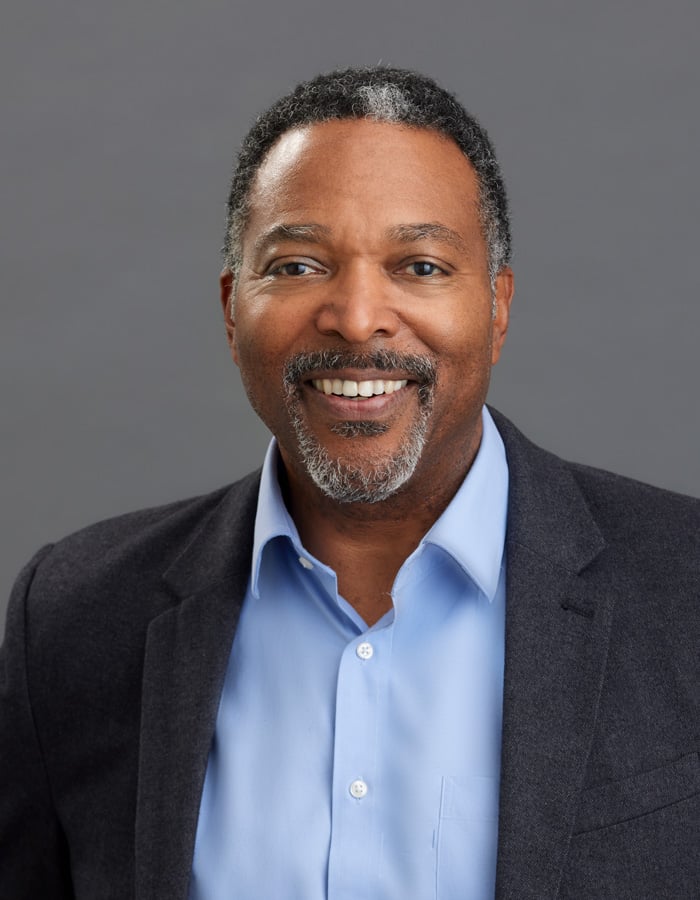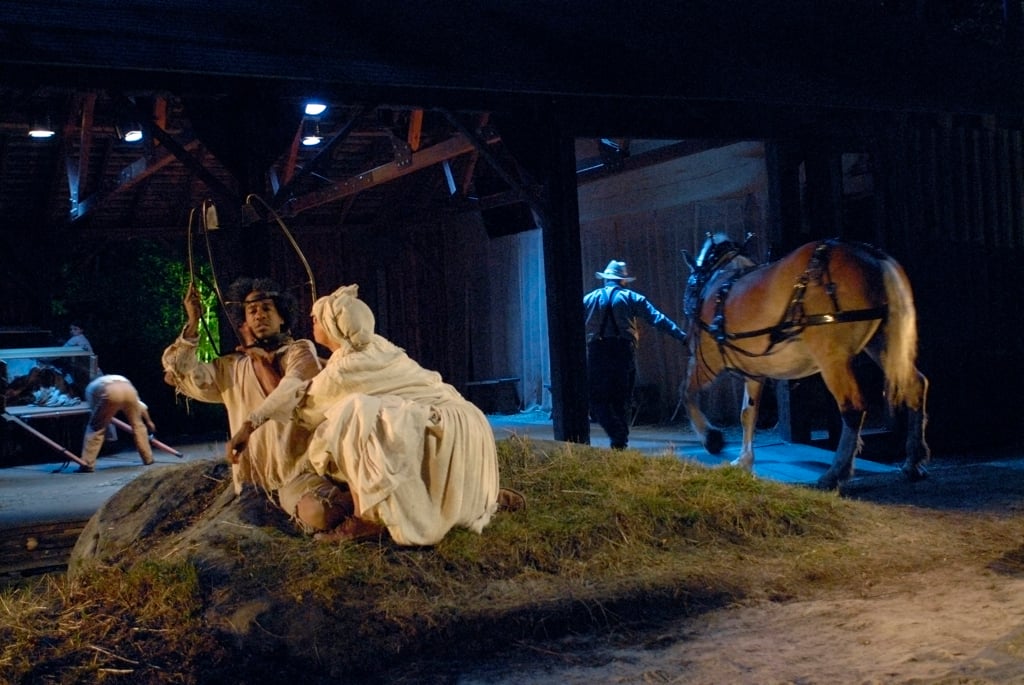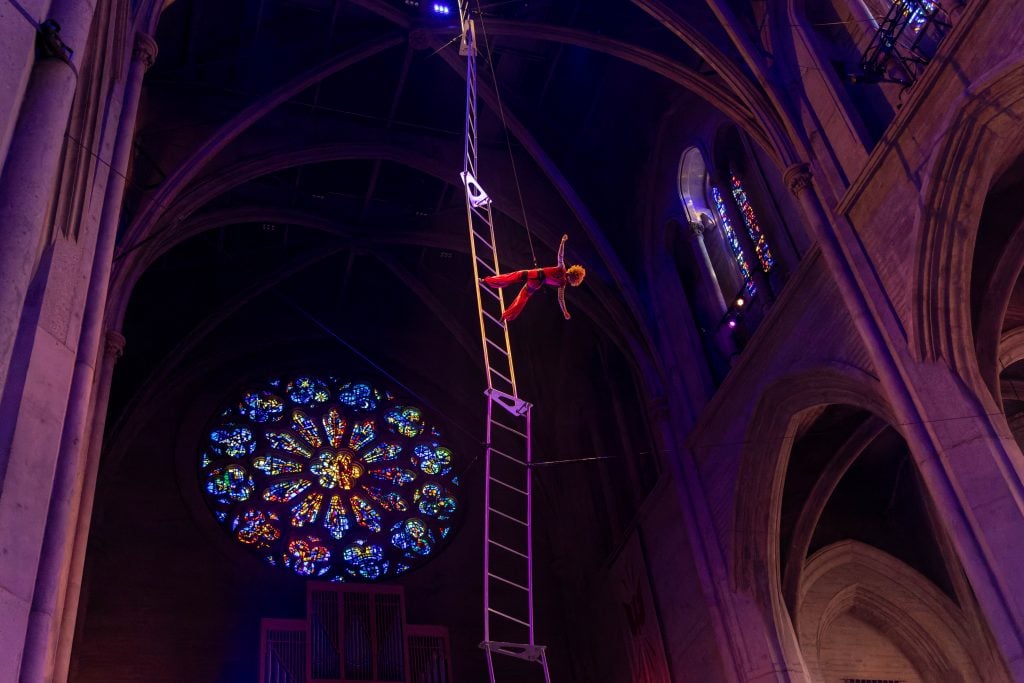Both in the arts and beyond, money is fundamentally based on trust. Our economic system functions due to society’s trust in it, enabling cooperation and exchange. However, if we trust in money itself, why is it that in arts philanthropy, trust in artists is largely absent? The restricted nature of many forms of grantmaking—such as project-based support—imply that we lack confidence in an artist’s ability to themselves determine how to allocate funds in support of their practice.
Enter trust-based philanthropy—a type of support defined by mutuality, transparency, and unrestricted funding. This is a model that has gained popularity across the philanthropic sector, but it has yet to take hold in the arts. However, it provides a promising solution for trusting artists, offering a model for deeper, more meaningful support.
This question of trust is one that artists have been asking funders for years, a dialogue which heavily informed the development of the Rainin Fellowship—an annual program we launched with United States Artists to award four anchor artists in the San Francisco Bay Area with unrestricted grants of $100,000 and supplemental support. Fellows are empowered to spend the money on whatever they see fit. This approach recognizes that artists’ individual needs are varied and they are the best experts on how to uplift their practices. Whether they decide to spend the money on housing, healthcare, or future projects, our approach foregrounds autonomy and true impact, values that are aligned with the trust-based philanthropy model.
The Rainin Fellowship embodies trust-based philanthropy and is rooted in the work of the Trust-Based Philanthropy Project, a five-year, peer-to-peer funder initiative and platform that addresses the inherent power imbalances between foundations and nonprofits. Central to this model is the act of listening, and learning. In creating the Rainin Fellowship in the Bay Area, we collaborated with both national and local partners to better understand the needs of the artists in our communities.

Portrait of Ted Russell, director of arts strategy and ventures at the Kenneth Rainin Foundation. Photo credit: Mitch Tobias. Courtesy of the Kenneth Rainin Foundation.
Our research partners at Helicon—a consulting company that works with artists, cultural leaders, philanthropy, and other sectors to help mobilize the power of culture and creativity for a just and sustainable future—found that across all disciplines and ages, the four greatest concerns voiced by artists in the region were housing costs and displacement; the rising cost of living; a ‘brain drain’ as artists in greater numbers moving away from the region; and structural difficulties faced by artist-run organizations struggling to hire and retain staff.
Given longstanding issues pertinent to the Bay Area’s arts ecosystem, the program was designed to respond to artists’ changing needs. Each of our cohort of artists works across generations, practices, spaces, and communities and have varying needs. Trusting them to communicate their experiences, dismantling barriers to funding, and giving them the space to offer new perspectives is crucial.
While this artist-centered approach emerged organically in our conversations with anchor artists in this particular region, we’ve found it to be resonant with larger conversations and shifts occurring in the philanthropic landscape. Through the lens of trust-based philanthropy, we’ve uncovered ways to center mutuality and the redistribution of power within our relationships with artists, by reimagining the traditional patron-artist dichotomy and turning it into a partnership and amplifying values that are noticeably absent within our current societal framework.
These values appear throughout all levels of our fellowship, beginning with the selection process. Through community nominations and peer and field review panels, decision making for the fellowship is decentralized and communal, harmonizing both local and national perspectives. United States Artists, which administers the program, provides applicants with detailed feedback and constructive criticism from the reader and panel reviews, allowing for transparency around the process itself. Lastly, through providing unrestricted funding as well as supplemental, tailored support—such as partnerships with web designers, videographers, financial planners, mentors, public relations and communications experts, and archivists—the fellowship opens up an infinite realm of generative possibilities to further artists’ practices and advance artists’ careers.

Joanna Haigood, Invisible Wings (1998). Performed at Jacob’s Pillow Dance Festival, Becket, Massachusetts. Pictured, from left to right: Paul Benney, Robert Henry Johnson, Amara Tabor-Smith, and Ralph Rotondo. Photo by Christian Duggan.
This year’s Rainin Fellows are engaging with the histories of the region, amplifying diasporic narratives, highlighting systemic inequities, and honoring and furthering the Bay Area’s activist legacies. Through our close partnership with them, we have learned more about their process-centered work, and can see more evidence of why project-based funding is not the only answer to the structural challenges faced by artists.
For instance, the work of Public Space fellow Related Tactics—an artistic collaboration formed in 2015 between artists and cultural workers Michele Carlson, Weston Teruya, and Nathan Watson—foregrounds transdisciplinary exchange and collective art making, which has meant that the group’s projects and conversations take place across multiple timelines. Theater fellow Sean San José is also committed to the organic processes of collaboration and longstanding creative partnerships via the Magic Theatre, which do not necessarily progress in a linear timeline. Similarly, film fellow Mohammad Gorjestani and dance fellow Joanna Haigood develop projects that are site-specific and iterative and engage members of their community. Whether it’s a collaboration with the public defender’s office, or with up-and-coming dancers at Zaccho Dance Theatre, the ongoing and multifaceted nature of their practices necessitate flexible timelines.
Trusting artists’ unique processes, chosen methodologies, and the longevity of their collaborations is a central pillar of the Rainin Fellowship. Through unrestricted funding and supplemental support, we recognize that their impact lies not only within the individual projects they exhibit and execute, but in the lasting legacy of their pioneering creative frameworks.
The very architecture of our grantmaking process is deeply rooted in that which we’ve learned from artists and the cultural field at large—lessons of emotional intelligence, empathy, and the tremendous impact that holistic support can have on artists’ lives. We believe that the fellowship’s trust-based model might act as a blueprint for other funders in the cultural space, uncovering how meaningful support of individual artists can strengthen our local and regional arts networks as a whole.
If society’s relationship to money is that of trust, it’s integral for us as arts funders to ground our support of artists in trust as well. We call upon other funders in the field to reexamine how through trusting artists—not only with unrestricted funding, but also in allowing them to tell us how best we can support them—we can propel creative innovation and allow artists to truly thrive.
Ted Russell is director, arts strategy and ventures for the Kenneth Rainin Foundation. He leads the foundation’s strategic direction for the arts, supporting diverse, visionary artists and collaborating with artists, partners, and funders to foster an equitable ecosystem.








